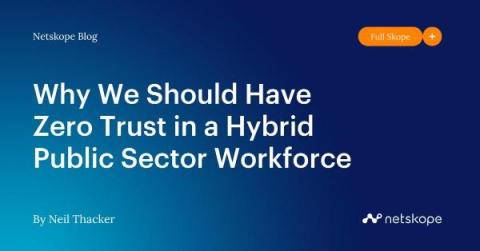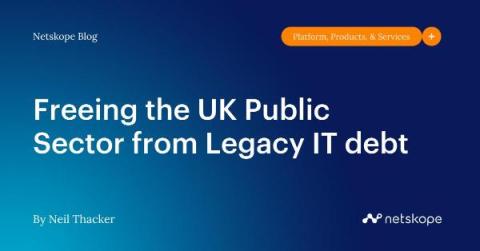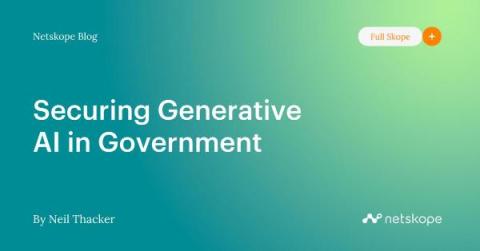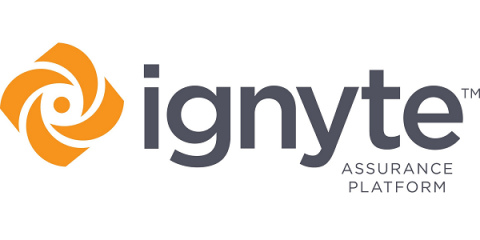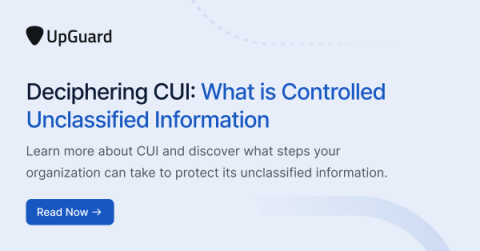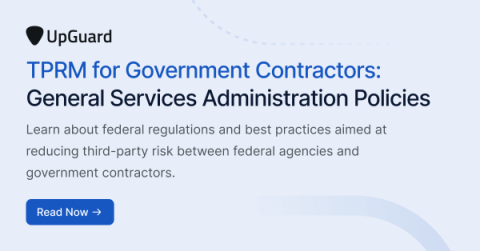Why We Should Have Zero Trust in a Hybrid Public Sector Workforce
Those working in the UK public sector have seen significant upheaval over the last decade thanks to a combination of the long-term efforts to relocate civil servants outside London and, in recent years, the swift adoption of hybrid work practices necessitated during the pandemic. As a result, networks have expanded, the number of devices and endpoints to protect has grown considerably and potential vulnerabilities for attackers to target have increased.


